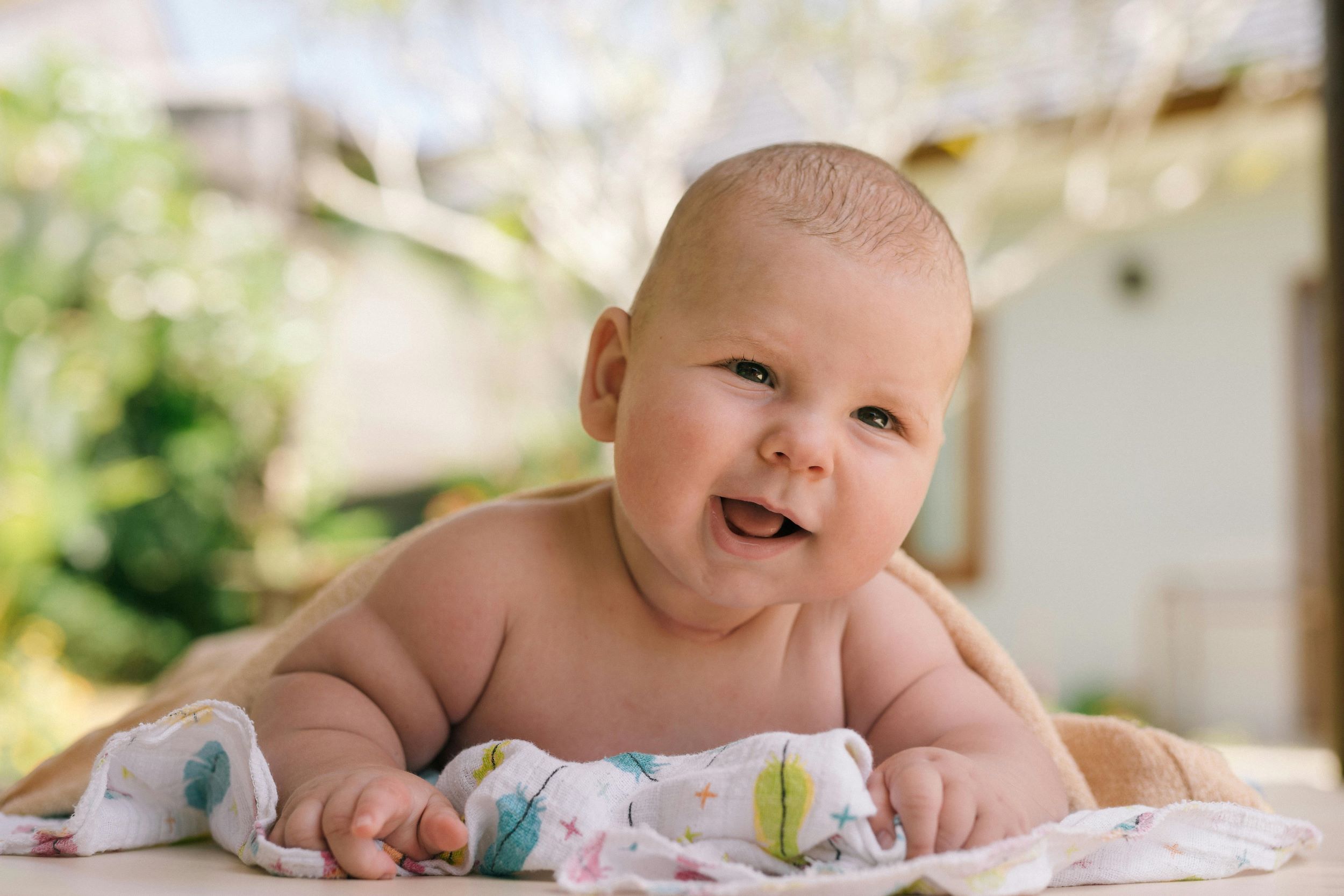Search
Showing results for "Professor"
Research
A Survey of Autistic Adults from New Zealand on the Autism Diagnostic Process During Adolescence and AdulthoodThe diagnostic experiences of autistic adults in New Zealand have not been investigated and little is known globally about autistic adults' satisfaction with the autism diagnostic process. This study describes the diagnostic experiences of 70 autistic adults living in New Zealand and explores how these experiences are related to satisfaction during three stages of the diagnostic process. The results show that autistic adults were reasonably satisfied with the early query and diagnostic assessment stages, but were dissatisfied with the post-diagnostic support stage, with significant unmet needs. Dissatisfaction during the post-diagnostic support stage was also related to satisfaction during previous stages and poor coordination of supports. Suggestions are made on how to improve the autism diagnostic pathway for autistic adults in New Zealand.
Research
Ontogeny of plasma cytokine and chemokine concentrations across the first week of human lifeEarly life is marked by distinct and rapidly evolving immunity and increased susceptibility to infection. The vulnerability of the newborn reflects development of a complex immune system in the face of rapidly changing demands during the transition to extra-uterine life.
Research
The Comprehensive Autistic Trait Inventory (CATI): development and validation of a new measure of autistic traits in the general populationTraits and characteristics qualitatively similar to those seen in diagnosed autism spectrum disorder can be found to varying degrees in the general population. To measure these traits and facilitate their use in autism research, several questionnaires have been developed that provide broad measures of autistic traits [e.g. Autism-Spectrum Quotient (AQ), Broad Autism Phenotype Questionnaire (BAPQ)]. However, since their development, our understanding of autism has grown considerably, and it is arguable that existing measures do not provide an ideal representation of the trait dimensions currently associated with autism. Our aim was to create a new measure of autistic traits that reflects our current understanding of autism, the Comprehensive Autism Trait Inventory (CATI).
Research
Prenatal, perinatal, and neonatal risk factors for specific language impairment: A prospective pregnancy cohort studyAlthough genetic factors are known to play a causal role in specific language impairment (SLI), environmental factors may also be important. This study...
Research
Perinatal testosterone exposure and cerebral lateralisation in adult males: Evidence for the callosal hypothesisTwo competing theories address the influence of foetal testosterone on cerebral laterality: one proposing exposure to high foetal testosterone concentrations...
Research
Prenatal testosterone exposure is related to sexually dimorphic facial morphology in adulthoodPrenatal testosterone may have a powerful masculinizing effect on postnatal physical characteristics.

Determining the associations of sun exposure in early life on the development of non-communicable diseases.
Research
‘It depends entirely on the nature of those supports’: Community perceptions of the appropriateness of early support services for autistic childrenWe do not know much about what support services people think are okay for young autistic children. This study was a survey of 253 people. We asked autistic adults, parents, and professionals from Australia and New Zealand whether they thought it was okay to provide support services to autistic children.
Research
Host Immune Response to ScabiesScabies infection is associated with heightened total IgE immunoglobulin and IgE antibodies to scabies antigens, with both being extremely high for crusted scabies patients. The IgE antibodies cross-react with house dust mite allergens with high reactivity found to the minor allergen arginine kinase.
Research
Pediatric Staphylococcus aureus Bacteremia: Clinical Spectrum and Predictors of Poor OutcomeStaphylococcus aureus is a common cause of bacteremia, yet the epidemiology and predictors of poor outcome remain inadequately defined in childhood. ISAIAH (Invasive Staphylococcus aureus Infections and Hospitalizations in children) is a prospective, cross-sectional study of S. aureus bacteremia in children hospitalized in Australia and New Zealand over 24 months.
